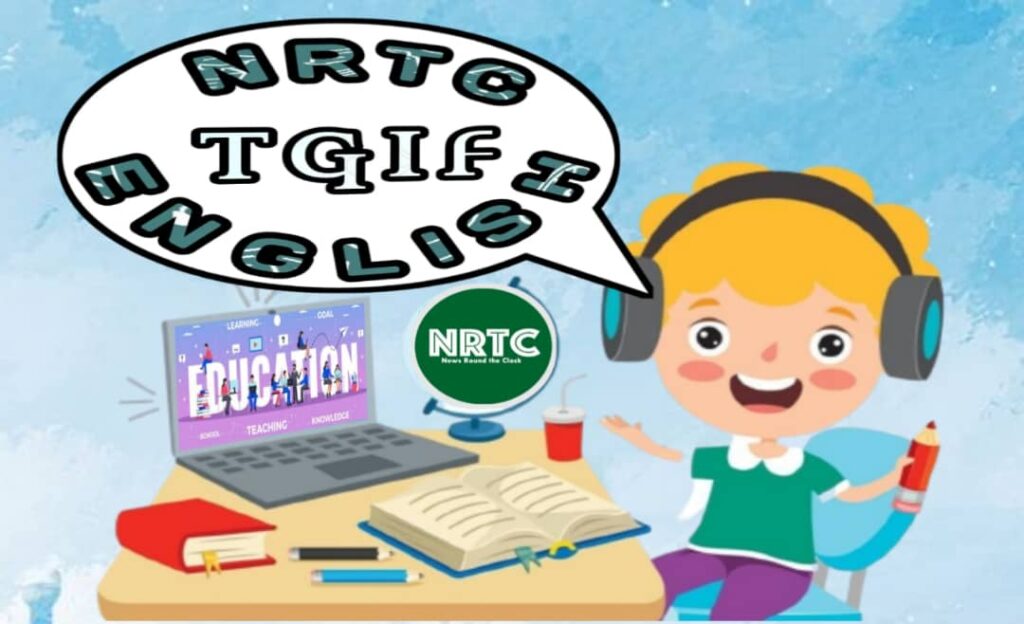One big thing to note about collective nouns is that they are names that we give to a group of people or things being that they exist together or are found in the same place, or just because they are in their multiples.
It appears true to me, and to everyone else, then, that when we talk about a library, we are talking about a library (of books). A library, then, is a collective noun; I mean it’s a collective name we give to a place or a room where there are many books or where many books are in groups.
Besides, when we talk about a forest, I’m sure you know that we’re talking about a forest (of trees), a place where there are many trees.
Here are some more examples of collective nouns: an assembly (of elders) , family, crew, a pride (of lions), a flock (of birds), a book of notes, a bouquet of flowers, a bowl of rice, a bunch of bananas, an army of soldiers, an audience of spectators, a board of company executives/directors, a choir of singers etc, a band of musicians, faculty, government, jury, majority, panel, and staff etc.
At this point, there are two things we must bear in mind: Firstly, the collective nouns/names (an army, a band, a board, a choir, a class) and the groups (of soldiers, of musicians, of directors, of singers, of students) that bear the collective names.
Secondly, it’s also important to note that the collective nouns can exist alone without their groups, especially in cases where the groups are already known. We can talk about a board, an army, a choir, a family, an audience etc.
Generally, collective nouns are regarded as singular nouns and hence they attract singular verbs. It makes sense to have the collective nouns as singular nouns in this sense because the whole group is treated/considered as a whole, as one.
This sense is known as non-personal collectivity; the belief that we are not talking about the individuals/persons in the group, but the group as one.
ALSO READ

For example:
- An army of soldiers has been deployed to fight insurgency in the North.
- The board of directors has approved the budget for the purchase of raw materials.
- An assembly of elders is sitting on the matter at present.
- Victor’s family plans to have a vacation in France this summer.
- A huge swarm of locusts has destroyed the crops.
However, there are situations where the use of collective nouns talks about the individual members of the group.
This sense is known as individuality. In this sense, the collective nouns attract plural verbs.
The editors of Merriam-Webster’s English Usage Dictionary agree: “When the group is considered as a unit, the singular verb is used; when it is thought of as a collection of individuals, the plural verb is used.”
For example:
- The army are fighting in the battle.
- The audience are seated on their chairs, waiting for the professor.
- The club are going to play against another club.
- Every fall, the English class write book reports on their summer reading.
Knowing the number(singular/plural) of verbs depends on the composition of the group (non-personal collectivity or individuality) that you want to express and want us to know and the possessive adjectives (it/its=singular, their=plural) used with the collective nouns can give us a clue.
Attempt the following questions. Leave your answers in the comment section.
- The faculty gratefully [ A. acknowledges B. acknowledge ] the assistance of volunteer judges.
- The staff in rural hospitals [A. create B. creates ] performance-assessment reports.
- The consultant will study how staff in rural hospitals [A. gathers/evaluates B. gather/evaluate ] the performance of doctors with clinical privileges.
- The faculty [A.is B. are] of different minds on the subject of pass-fail courses.
- The jury [A. has B. have ] has given its verdict.
As you can see, it can be tricky to decide if you’re thinking of a collective noun singularly or individually, and even more tricky to decide how your reader will perceive it. That’s why the safest practice is to treat collective nouns as singular entities that take singular verbs and to do so consistently within any one document.
A frequent and widely recommended work-around is to use “members” or “members of,” which clarifies the proper verb. So the jury was seated in the hallway becomes the members of the jury were seated in the hallway. And the board meets on the first Thursday becomes the board members meet on the first Thursday. This work-around is useful even if it causes a small loss of concision.







